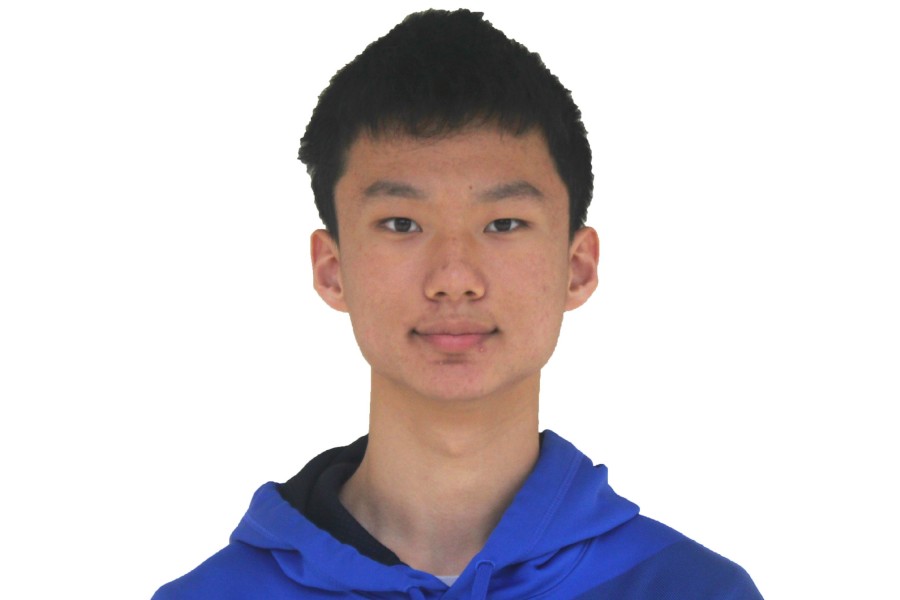Junior Jonathan Shi
Sometimes people find activities that don’t just match with their existing personality; instead, these activities develop their personalities. Junior Jonathan Shi has been playing chess since middle school and is one of the leaders of the the school’s Chess Club. Jonathan attributes much of his personal growth throughout high school to his experiences playing the game. In fact, he uses the idea that chess has value beyond the chessboard to explain his identity.
“There are some skills that chess teaches that people might not [instantly] see,” Jonathan said. “A lot of people say chess is applicable to life.”
Jonathan describes himself as calculating, intuitive and over-thinking. He recognizes the discrepancies between those three adjectives: while it may seem contradictory to act on both intuition and analysis, Jonathan believes both mindsets are important in different situations. Whether dealing with game-related problems or personal ones, he describes his unique psyche in a simple phrase; “Sometimes you just stop calculating and do what you think is right.”
While Jonathan wins most of his games, he cannot win them all. However, despite the initial disappointment of a lost match, he acknowledges that his exposure to failure in chess has positively shaped his character.
“I started playing chess in seventh grade and I was way more stuck-up back then,” Jonathan said. “Chess, by necessity, makes you a humbler person, makes you less full of yourself.”
Created by the pressure of playing a competitive game at a high level, Jonathan’s reflection on his chess identity is another seemingly contradictory statement — one that has merit both inside and outside the world of chess.
“There’s a constant desire to win and that’s shaped who I am,” Jonathan said. “But at the same time, you’re inevitably going to lose games… you can’t win them all. So that’s sort of a lesson too.”



